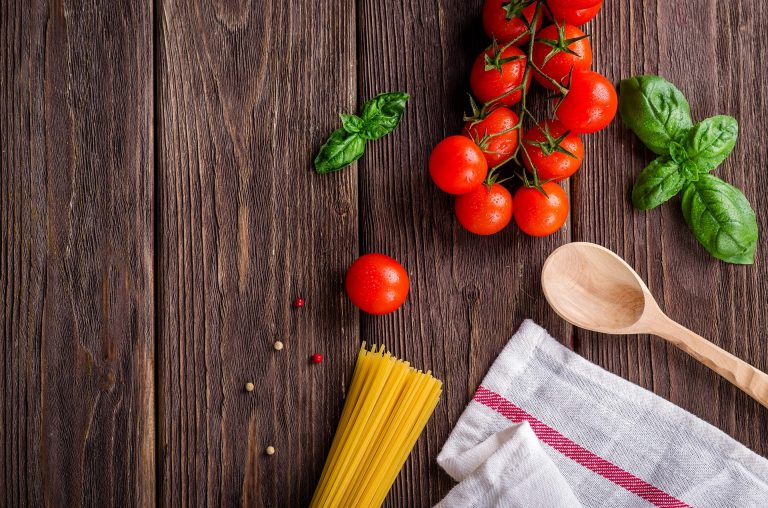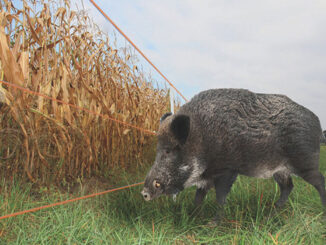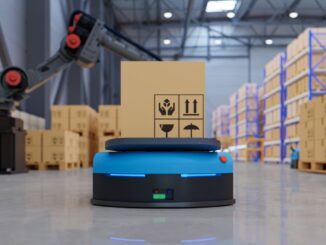
Living (almost) without plastic is a plausible principle to inspire our daily actions. However, those unfamiliar with the issue of waste reduction may find it difficult to understand where to start. The place where it is most difficult to eliminate plastic is undoubtedly the kitchen, since it is also the most used one.
Here are some tips for having a plastic-free kitchen.
Live Plastic-free: Avoid Buying Food Packed in Plastic
In many supermarkets, as well as on the weekly market, fruit, vegetables and herbs are offered loose. The best thing to do is to avoid the free plastic shirt carrier bags and put your fruit and vegetables directly in your basket or in a cotton bag.
Fabric bags are handy for nuts, mushrooms, lamb’s lettuce and potatoes. You can also cultivate herbs in the garden, on the balcony or on the windowsill and always have fresh parsley, mint and other kitchen herbs such as sage, thyme and rosemary at hand.
This can also apply to milk and dairy products, which can also be found in glass containers – they’re not really ecological, but they can be reused and are better than plastics anyway. When you are tempted by finished products, think that you could prepare most of them by yourself, such as chips, ice cream, cakes, pizza – your cooking skills will even improve if you buy less packed food!
Finally, avoid plastic bottles and opt for tap water. Nowadays, there are various solutions available to purify tap water, such as purifiers and water filtering jugs.
Use Mason Jars, Fabric Bags and Wax Cloths for Storing
Mason jars can be used for almost everything: you can buy them or you can also reuse jam or honey jars. They are great for liquids, especially if you want to buy loose oil, vinegar or detergents. On the other hand, fabric bags are particularly suitable for dry, loose foods such as cereals, dried fruits, nuts or beans as well as mushrooms, salads and potatoes. Cloth bags have the advantage that they are lighter and cannot break during transport. Moreover, both glass jars and fabric bags are also suitable for freezing bread and other food.
You can cover food in bowls with either plates or wipes. Wax cloths are also great for wrapping cut vegetables and fruit. You can also simply leave apples and bananas in the fruit basket with the cut face down – it forms a natural skin.








